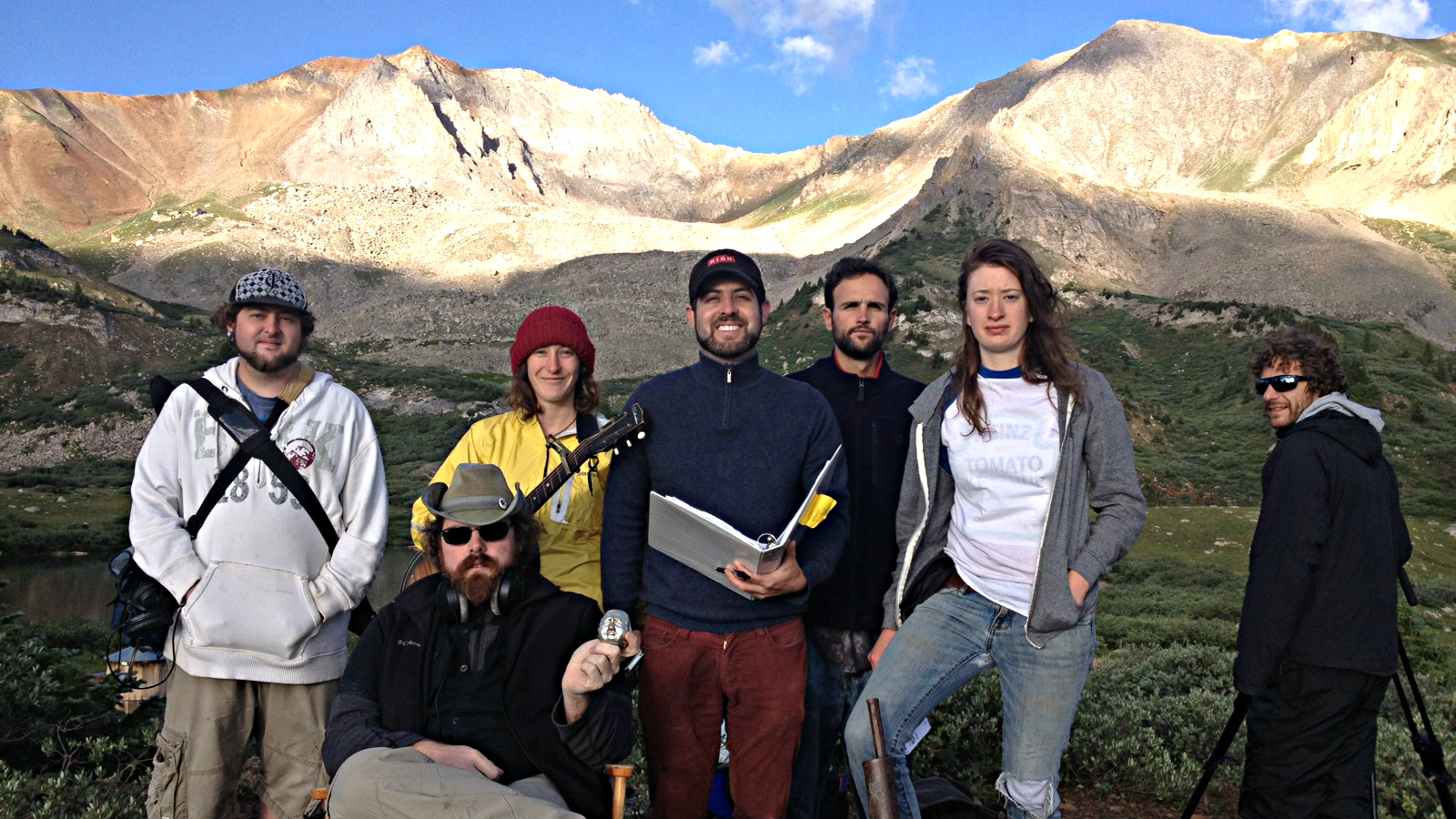
By Mitch Dickman and Alex Harvey
Mitch Dickman is an award-winning producer and director, and the founder of Denver-based production company Listen Productions. Dickman directed "Hanna Ranch" and is the producer of the forthcoming feature, "Walden." Alex Harvey is a Denver-born theater director, writer, filmmaker, musician, teacher and producer currently based in Brooklyn, New York. Harvey is the director of "Walden."








